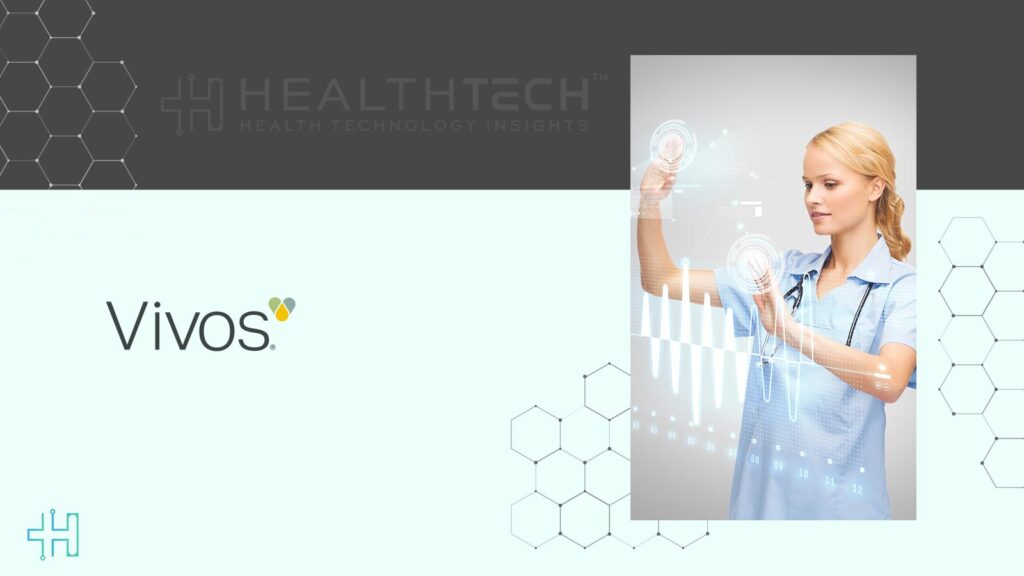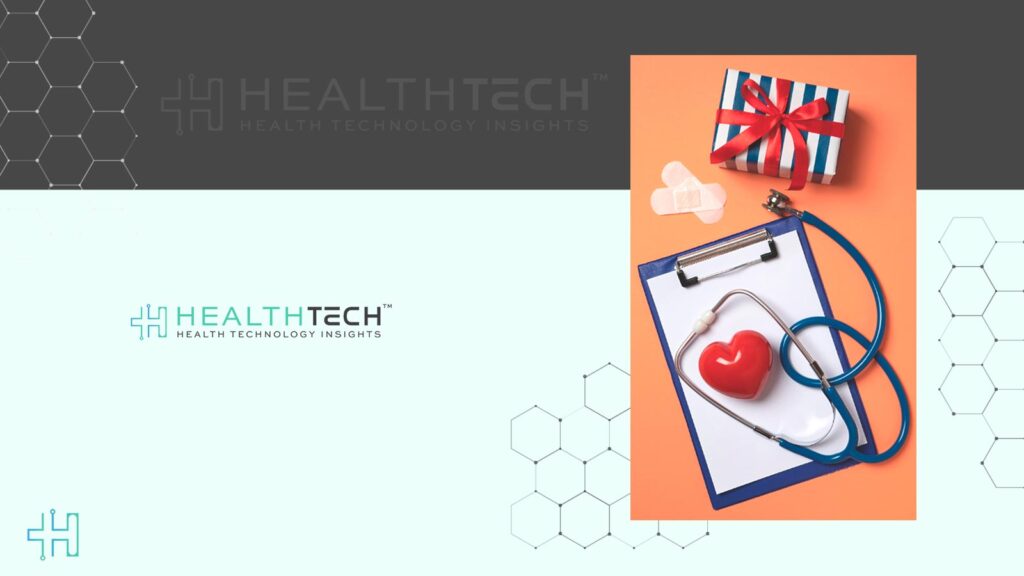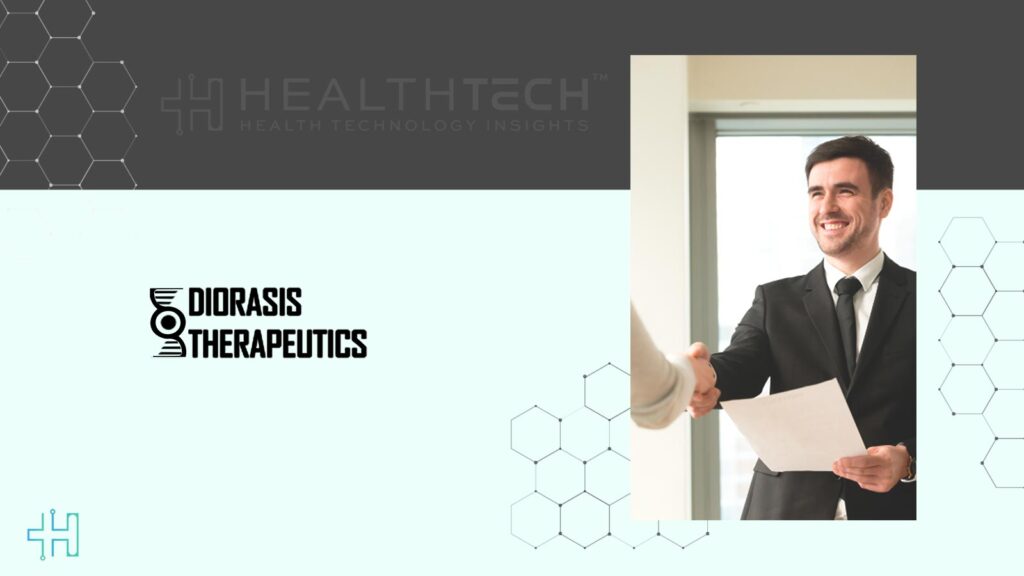When we think of vital signs, traditional metrics like heart rate, respiratory rate, body temperature, oxygen saturation, and blood pressure come to mind. Yet, an essential component of well-being remains overlooked: sleep. Recent research shows that just one night of sleep deprivation can impair brain function significantly. (1) Sleep health influences key aspects of the mind and body, including cognitive function, emotional stability, and immune response. “Given its profound impact, sleep deserves recognition as the ‘sixth vital sign’ in routine health monitoring, elevating its importance alongside traditional measures,” states Kirk Huntsman, Chairman and CEO of Vivos Therapeutics, an industry leader in medical technology focused on breathing and sleep health.
Surprisingly, despite sleep’s crucial role, only 66% of physicians discuss sleep habits with their patients. (2) This neglect can hinder effective treatment and preventive care, especially since poor sleep quality can compromise the immune system and slow healing.
HealthTech Insights: 983 Group Formed to Deliver Results-Oriented Communications for Leading Technology and Health Innovators
“Given its profound impact, sleep deserves recognition as the ‘sixth vital sign’ in routine health monitoring, elevating its importance alongside traditional measures,” states Kirk Huntsman, Chairman and CEO of Vivos Therapeutics
Sleep and the Body: Heart Health, Immune Function, and Recovery
Sleep plays a critical role in maintaining heart health, particularly by regulating blood pressure and managing stress hormones. When we sleep, our body experiences “nocturnal dipping” —a natural 10% decrease in blood pressure, helping alleviate the heart. However, if the sleep quality or quantity is compromised, this “dip” doesn’t occur, increasing the risk of hypertension and cardiovascular disease. (3) Studies show that people who sleep six hours or less experience steeper increases in blood pressure, worsening existing conditions. (4)
At the same time, sleep is considered the body’s primary method of restoring immune function. During deep sleep, the immune system releases proteins that promote sleep and help fight infection or inflammation. (5) When sleep-deprived, the production of these protective proteins decreases, leaving the body vulnerable to illness. In addition, insufficient or poor-quality sleep reduces infection-fighting antibodies and white blood cells, slowing down healing time.
HealthTech Insights: Kansas City Real Estate Investment Manager Scott Asner Raises Awareness Around National Blood Donor Month
The power of sleep extends beyond feeling refreshed, it supports essential physical recovery processes. REM sleep, in particular, is known as the most restorative stage, aiding in cellular repair, muscle growth, and hormone regulation. (6) During sleep, the body releases growth hormones that repair tissues and strengthen muscles, which is vital for healing injuries or illnesses
Sleep and the Mind: Cognition, Memory and Focus
As for the mind, sleep is essential for optimal cognitive function, impacting everything from focus to decision-making. Without sufficient sleep, neurotransmitters can’t reset properly, and receptors won’t restore sensibility, leading to difficulty concentrating, problem-solving, and emotional regulation. (7)
Slow-wave sleep (SWS) and Rapid Eye Movement (REM) sleep are two vital stages for memory formation. During SWS, the brain consolidates declarative memories — facts, names, and dates— reorganizing memories and integrating them with existing knowledge. Following SWS, REM sleep further stabilizes them, supporting the retention and recall of learned information. Procedural memories — skills and tasks— are primarily processed during REM sleep, helping the brain refine motor skills and habits. (1)
Vivos Comprehensive Care: From Prevention to Treatment
Vivos Therapeutics is redefining how we address sleep apnea through a complete continuum of care that emphasizes prevention, diagnostics, and treatment. Unlike traditional solutions that primarily focus on managing symptoms, Vivos takes an innovative approach by identifying and treating a major root cause of obstructive sleep apnea (OSA).
HealthTech Insights: Ancera Unveils Innovative Apollo Food Defense System at IPPE 2025
Early prevention begins with accessible tools like their self-assessment survey, allowing individuals to recognize potential sleep apnea symptoms and connect with Vivos-trained providers in their area for further evaluation. This proactive approach helps prevent chronic conditions before they escalate.
In the diagnostic stage, Vivos-trained providers offer cost-effective and convenient home sleep tests, removing the barriers associated with traditional in-lab overnight sleep studies. These tests assess the severity of sleep apnea and provide essential insights to guide the next steps in treatment. This streamlined process makes early diagnosis achievable for more people, addressing sleep issues before they result in complications like high blood pressure, weakened immunity, and cognitive decline.
Treatment with the Vivos Method is noninvasive, patient friendly, and can be completed in under 12 months in most cases. Using proprietary FDA-cleared oral appliance technology, Vivos helps to naturally enhance and enlarge the airway, addressing the underlying anatomical causes of sleep apnea. “At Vivos, we recognized that OSA patients have already suffered for years. We want their Vivos treatment journey to be as short and sweet as possible. And once they’re done with Vivos treatment, we never want them to see the OSA return,” says Huntsman. “By combining prevention, accurate diagnosis, and effective treatment, we are revolutionizing sleep health and improving lives.”
To participate in our interviews, please write to our HealthTech Media Room at news@intentamplify.com
Source – prweb




